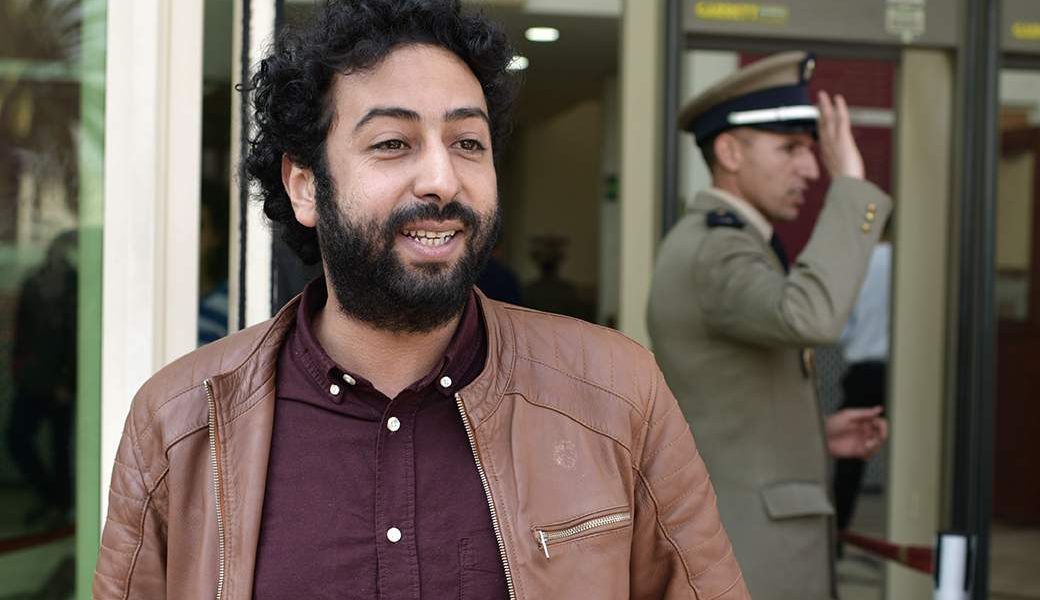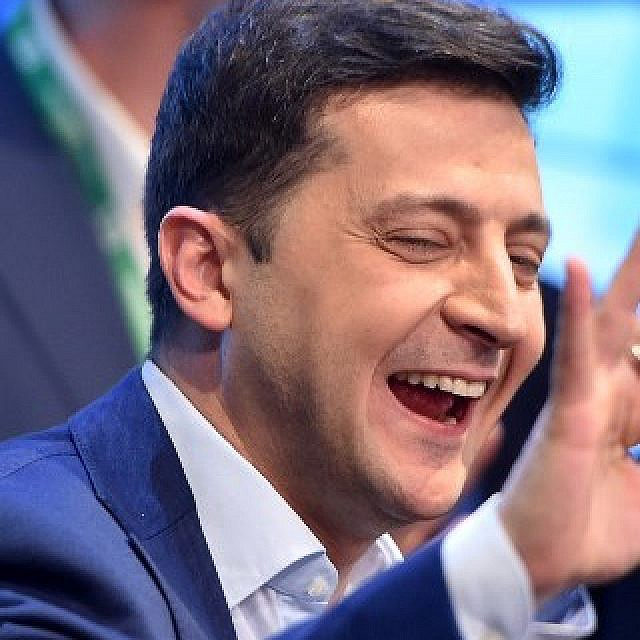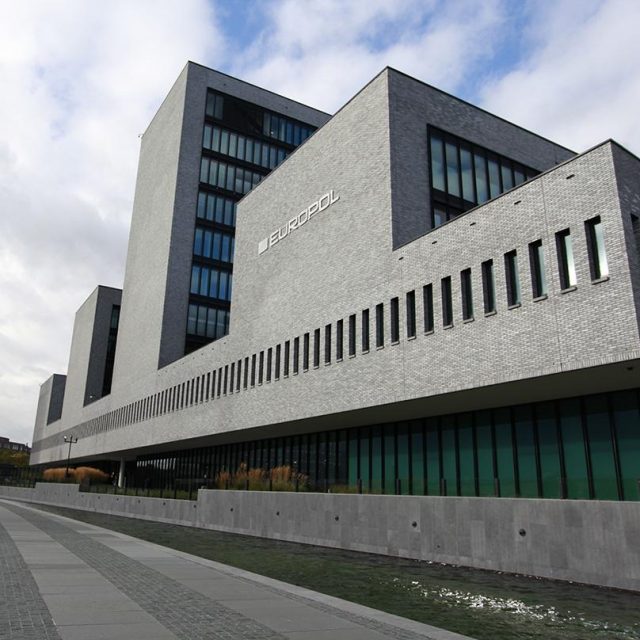Moroccan journalist Omar Radi exercises his profession freely. As such he has never been worried or questioned in any way in the course of his work or activities, or even in his public positions. Until the end of 2019 he had never complained of any infringement or restriction in this regard, either to the competent judicial authorities or to the competent national institutions, writes Gary Cartwright.
However, since then he has started to bring forward a number of allegations related to intimidation, harassment and judicial harassment, following the initiation of legal proceedings against him either by the public prosecutor or by private individuals.
To date, the three legal actions launched against him have nothing to do with his status as a journalist, or even with the right to freedom of expression as provided for in the Moroccan Constitution.
In this regard, the public authorities have provided the necessary clarifications which refute the said allegations.
Unfounded allegations of judicial harassment:
First case: On April 6th, 2019, Omar Radi tweeted “Lehcen Talfi, judge of the court of appeal, executioner of our brothers, let us remember him well, in many regimes the little arms like him have returned afterwards to beg by claiming (to have carried out orders); no forgetting no forgiveness for these officials without dignity ”.
These comments, constituting a contempt of Court, are a criminal offence by virtue of article 263 of the Moroccan Criminal Code.
It was in this context that he was heard by the prosecution following a summons, after which he was initially placed in pre-trial detention on December 26th, 2019. The Casablanca Court of Appeal decided, on December 31st, 2019, to grant him provisional release, following a request made by his lawyer to this effect. As part of this procedure, all his rights of defence, as provided for by the law, have been guaranteed.
He was sentenced, on March 17th, 2020, to a four-month suspended imprisonment and a fine of 500 dirhams for contempt of Court; a decision against which he appealed. The hearing is scheduled for September 23rd, 2020.
Second case: On June 24th, 2020, Omar Radi was summoned as part of a preliminary investigation carried out by the National Brigade of the Judicial Police (BNPJ) ordered under the authority of the Prosecutor’s Office, with regards to a case of funding linked to foreign intelligence.
It should be noted that the King’s Prosecutor at the Casablanca Court of Appeal issued a press release dated June 24th, 2020, stating that this summons is part of an investigation into his alleged involvement in a case of obtaining funding related to foreign intelligence services. The King’s Prosecutor says that the investigation into this case is being carried out under the supervision of the Public Prosecutor’s Office, with complete observing of legal procedures.
Following the results of the BNPJ’s investigations, legal proceedings were opened on July 29th, 2020, following an indictment from the Prosecutor’s office.
Third case: Following a complaint filed by a complainant to the Royal Gendarmerie (GR) against Omar Radi for and following the results of the investigation carried out by the GR, the Prosecutor referred the case to the investigating judge at the Casablanca court of appeal to investigate the suspicions of his commission of two crimes related to indecent assault, with violence and rape, in accordance with Articles 485 and 486 of the Criminal Code.
The press release, from the Prosecutor’s office on this matter, also specifies that, following the results of the investigations carried out by the BNPJ, object of the first press release from the public Prosecutor on June 24th, 2020, the prosecution also presented an indictment for the opening of an investigation concerning the alleged involvement of Omar Radi in a case of receiving funds from foreign parties, undermining the internal security of the State and to dealing with agents of a foreign State to harm the diplomatic situation of Morocco, and this in accordance with articles 191 and 206 of the Moroccan Criminal Code.
The investigating judge decided to place him under pre-trial detention, in order to investigate the two cases.
With regard to the above, it was therefore concluded that Morocco has long worked to consolidate the institutional independence of the judicial power and to ensure the efficiency and proper functioning of justice, in particular by strengthening the legislative framework of the judicial system, by virtue of the constitutional requirements for this subject.
- Morocco complies with the requirements of the protection of the rights and freedoms of individuals and groups and of their judicial security, and in the activation of the principles to grant a fair trial.
- In this regard, Morocco adopted several laws consolidating the independence of justice, including organic law n ° 100.13 on the Superior Council of the Judicial Power, and law n ° 33.17, on September 18th, 2017 on the transfer of powers from the government authority in charge of justice to the King’s Prosecutor at the Court of Cassation in his capacity as head of the prosecution.
- Under this law, the King’s Prosecutor at the Court of Cassation, in his capacity as Head of the Public Prosecutor’s Office, replaced the Minister of Justice in all the powers through which he exercised authority, control or the supervision of judges of the Public Prosecutor’s Office.
- In common law cases involving Omar Radi, it is up to Moroccan justice to accomplish its noble mission by guaranteeing the rights of every individual, far from any influence or confusion attempt.
The judicial treatment of cases concerning Omar Radi is carried out in accordance with the law and in strict compliance with the principles of the presumption of innocence and the confidentiality of the investigation. This treatment provides him with all the guarantees provided for by the law.
Before his remand in custody, Omar Radi continued to express his opinions freely, including uttering insults towards various parties, including the government.
- Omar Radi is the only one to have disclosed elements of the investigations, in an obvious attempt to maintain the misleading perception of an alleged “judicial harassment” against him.
Regarding the allegation that the prosecution of Omar Radi is motivated by his critical views of the government, the media landscape in Morocco is characterised by its diversity, dynamism and the multiplication of its actors. For example:
- For the year 2019, out of 252 publications and newspapers that filed for administrative filing, no publication was censored, banned or withdrawn;
- 892 requests for the creation of electronic websites were submitted;
- Out of 365 electronic press websites, officially recognised by the Ministry of Communication, none has been blocked, closed or made inaccessible due to filtering measures;
- No audiovisual media has been censored, banned or stopped from broadcasting or had its means confiscated or seized;
- In addition to public channels and radio stations, nineteen private radio stations operate without censorship, ban or stop of broadcasting, confiscation or seizure of a means of communication;
- No restriction on internet access, which remains free, and no censorship on social networks have been registered;
To date, 2740 press cards have been issued by the National Press Council to journalists, who freely exercise their function, without any interference from the authorities.
91 correspondents and cameramen of different nationalities and continents were accredited, representing 50 foreign media. In addition, 1062 filming authorisations were issued for national and international production companies, as well as to foreign televisions, factually reinforcing the attractiveness of Morocco for foreign media as a land of openness that poses no obstacle to the freedom of journalists and foreign correspondents and ensures respect for their independence, mobility and integrity throughout the territory of the Kingdom.
With regard to the allegations related to the denigration of the person in question by certain national media, it should be noted that this is an unfounded assertion insofar as these entities are not subject to any prior control on their publication. The contents of the articles published on this affair are their responsibility, and whosoever feels aggrieved by said contents has the means to assert their rights.
The Author, Gary Cartwright, is a freelance journalist and the Publisher of EUToday.




